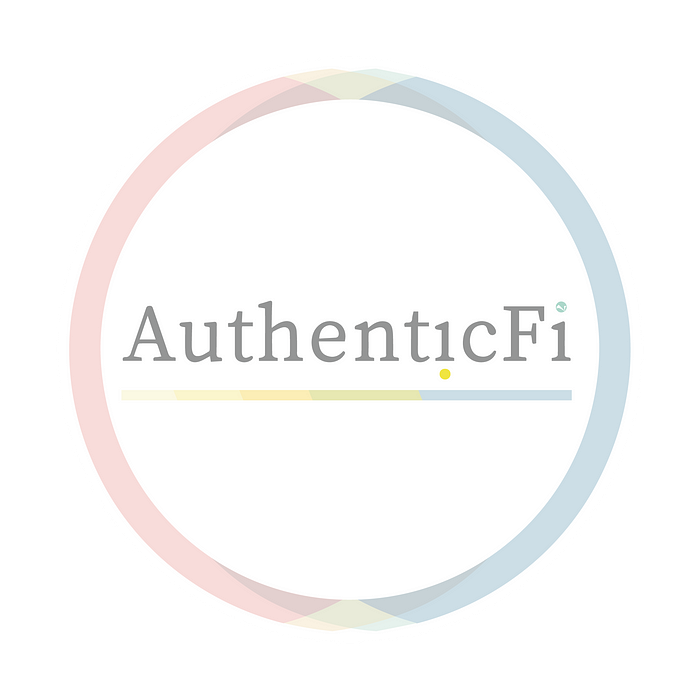Rx: Not What the Doctor Ordered
I don’t know much about the medical field, but I am familiar with the symbol ‘Rx’ for prescriptions. Rx also stands for “Reaction.” Now, that is a word I know well, mostly from my own daily retorts to life, people, and circumstances. Thankfully, with age, time and experience; comes the grace of good wisdom. I’ve learned — through the waste of perfectly good energy riding the temperamental roller coasters that people can unintentionally invite us on — to distinguish between a “reaction” vs. a “response”…a seemingly subtle but oh-so-stark contrast in those two words folks!
Odd as it may seem, I like to marinate on words and their meanings — explicit, underlying, and otherwise. Hey, semantics matter! After years of self-observation, empathizing by (trying to) understand the motivations of others, marinating on where those two aspects converge (only to part ways again) plus, a whole lot of reading on the peculiarities of human nature…I’ve boiled it down to the following. Responses tend to require deeper reflection and derive from a place of empathy; while reactions tend to be trigger-based and stem more from the surface, i.e., the ego.
For the record: there is no canonized code, and I am not posturing as a psychological expert. I’ve come to this conclusion after mostly looking at myself. Times when I acted a fool vs. (when I came across as) a monk — and I discerned which one of those approaches brought me peace in the long run and which one disrupted my chi indefinitely or took a toll on my health.
Y’all know how we do. Let’s break this down using a few day-to-day examples.
Scenario: a person cuts me off in traffic or rides my bumper on the highway. Reaction: old conditioning rooted in unrelated frustrations (e.g., feeling the lack of control, bad day, etc.) and ultimately manifesting as road rage, “this m$&@?! doesn’t know the rules of the freakin’ road! I gotta speed up and regain my lost ground!” Response: a new lens grounded in empathy and energetic preservation, “He must be in hurry. Go ahead. I hope you get to where you need to go when you need to get there.” Feel free to apply to store lines, etc.
Scenario: a loved one erupts into an incommensurate frenzy spewing in your direction. Reaction: old pattern reaction rooted in self-preservation or the need to be right, “oh ok, I see we just entered the (metaphorical) ring! I’ll see your retort with another OTT reaction — ding, ding, ding, ding, ding… bobbin’ and weavin’, baby bobbin’ and weavin’ (cue the WWE music). Response: new lens grounded in empathy and energetic preservation, (internal dialogue) ‘I care about this person. I’m guessing that a majority of this reaction has less to do with me and more to do with where s/he is in life or the week s/he’s having. If the good Lord can grant me grace, and I can give myself some grace on my off days as others have done for me, then I know I can extend that same measure to another being.’ Big breath in aaaaaaaand exhale, open mouth to speak. “I’m sorry what I said, did, etc. came across that way and made you feel like “x.” That was not my intention. Here’s where I stand (fill in short blank). Let’s talk more when we are both calmer.” P.S. please don’t confuse setting healthy boundaries with lack of empathy. Always remember: no response is also in itself —a response.
It’s not about being judgmental, self-righteous or absolving ourselves from blame. The blend of self-awareness and external compassion is key. Again, there are no hard and fast rules here. Human nature is unpredictable…and we all have triggers. I am far from perfect in practice. What I’m humbly still learning is ….responding with empathy for another may seemingly feel like acquiescence in the immediate, but, in the long-run, it actually fosters understanding, preserves energy, maintains important connections — and, ultimately, heals the heart. Although I’m not a cardiologist, I’m willing to bet: that is what the doctor ordered!

